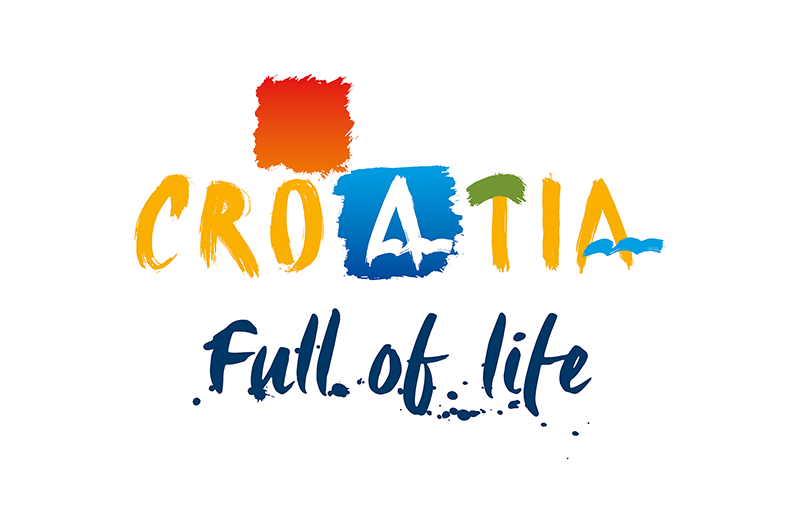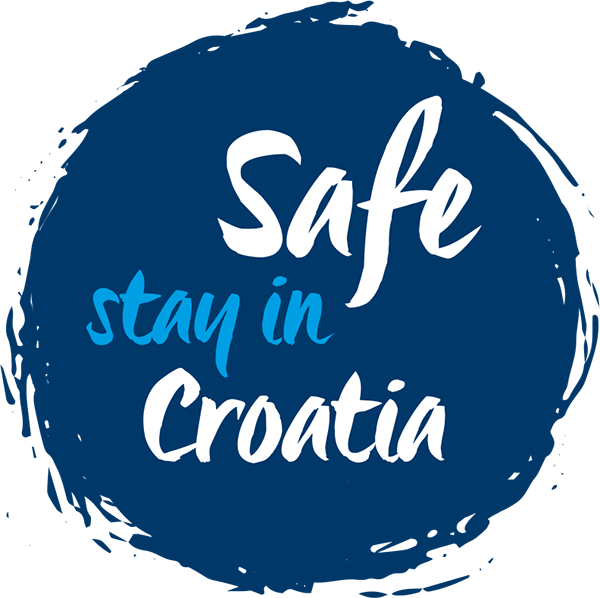The often sunny Greece found itself in a problem this summer because of the coronavirus pandemic and same goes for Croatia. However, both countries could exit the crisis as winners. Since the situation was very serious, the institute for public health issued useful guidelines even before the arrival of tourist from Wuhan in late January. The people were concerned, but not frightened too much as Croatia started to implement restrictive measures in advance. In late February/early March, local media raised concern because some of the Chinese workers constructing Pelješac Bridge might have returned from virus affected areas in China. The first Croatian case of the coronavirus was confirmed on February 25th, almost a month after Italy and United Kingdom.
In unfortunate series of events, the virus spreading started with a bunch of fans attending the game in Italy and letting the virus to spread by cheering, hugging and being in a close contact with each other. The result was one of the biggest outbreaks in Bergamo where Atalanta are based. Both Greece and Croatia reacted swiftly and properly as there was only one day apart between first confirmed cases in those two countries. Greek Prime Minister Kyriakos Mitsotakis imposed tighter restrictions over a period of weeks and it was made clear that no exceptions could be made. Since late February, only time Greeks have been allowed to leave their homes for essential work, buying food or walking the dog. In Croatia, after the first case was confirmed, officials made it difficult to enter the country so that the virus risk could be reduced to minimum. Although Croatia is a member of the European Union, it is still not a part of Schengen border free area. Despite criticism from Slovenia for imposing border regulations, it had no compunction about presenting “health checks” at border crossings.
For Croatia, the rules of re-entering the country were simple, everyone who comes from abroad have to be confined to quarantine or self isolation if they entered Croatia. Many people went through the quarantine period without a problem. Most commercial and cultural activity had ceased by mid –March. There were numerous reminders through the media to ask citizens that responsible behavior is crucial in times like this. With time passing, migrating between counties and municipalities became banned unless the people obtained “e-pass” to travel. If the citizens had a good reason to visit another town/municipality, e – pass was approved. Greek enforcement presented similar strict measures and over 60.000 fines were issued. But, one of the biggest challenges for Greece was to organize Easter holiday without breaching antivirus regulations. According to Greek orthodox ritual, priests offer holy communion using the same spoon. Although the Church insisted that people cannot contract the virus form the holy communion, eventually all liturgies took place behind closed doors (with the few unnecessary exceptions).
The current situation is that both Croatia and Greece are trying to find a way to ease up the introduced restrictions and, in the same time, keep tourist safe from the malicious virus. The problem for Croatia is not how to keep foreigners out, but how to bring them back in. Clusters of tourists through July and August are essential for Croatian’s economy growth. As for Greece, the country just started to recover from the eight year financial crisis when the lockdown was imposed. To save season, Croatia needs cooperation from its neighbors, especially Slovenia. Slovenians rank second only to Germans in terms of the number of nights they spend in Croatia. People from Northern Europe who use road corridors to reach Istria, Kvarner and Dalmatia have to cross Slovenia. To sort the situation, the ministers of Croatia and Slovenia met last week in Zagreb. The purpose was to make up a plan to allow Slovenians to travel across Croatia’s borders by the end of this month. Greece has a similar concern and it is looking for ways to allow its tourists to reach the country by road. The question is: When will the holiday flights resume? The country is currently focused on getting the European Union to set common rules that would allow people to travel for holidays. If that doesn’t work, “We will first see domestic tourism, then tourists from neighboring countries and then the middle distance countries and long distance ones. Traveling by road will be safer initially than flying and we’ll see that kind of tourists earlier.” Traditional markets like Germany, United Kingdom, and United States will probably be replaced by countries that are in Greek’s and Croatian’s close proximity.
We sincerely hope that this period of isolation made people more responsible than before. Tourism may be blocked by long queues on borders, but it will enable safer entering in Croatian country. Many of the touristic content in Greece and Croatia will not be available this summer, but we have to wait for decisions from the both countries to see what we could do and what we would not. Hopefully, we will all enjoy gorgeous beaches and spots along the coast soon as the future looks bright ahead of us. Croatian boarders are open again starting 11th May but only travel with good reason is permitted. Hopefully soon we will be able to take in tourists from all over the globe but despite when it happens the tourism will have to adopt to new rules and regulations.







